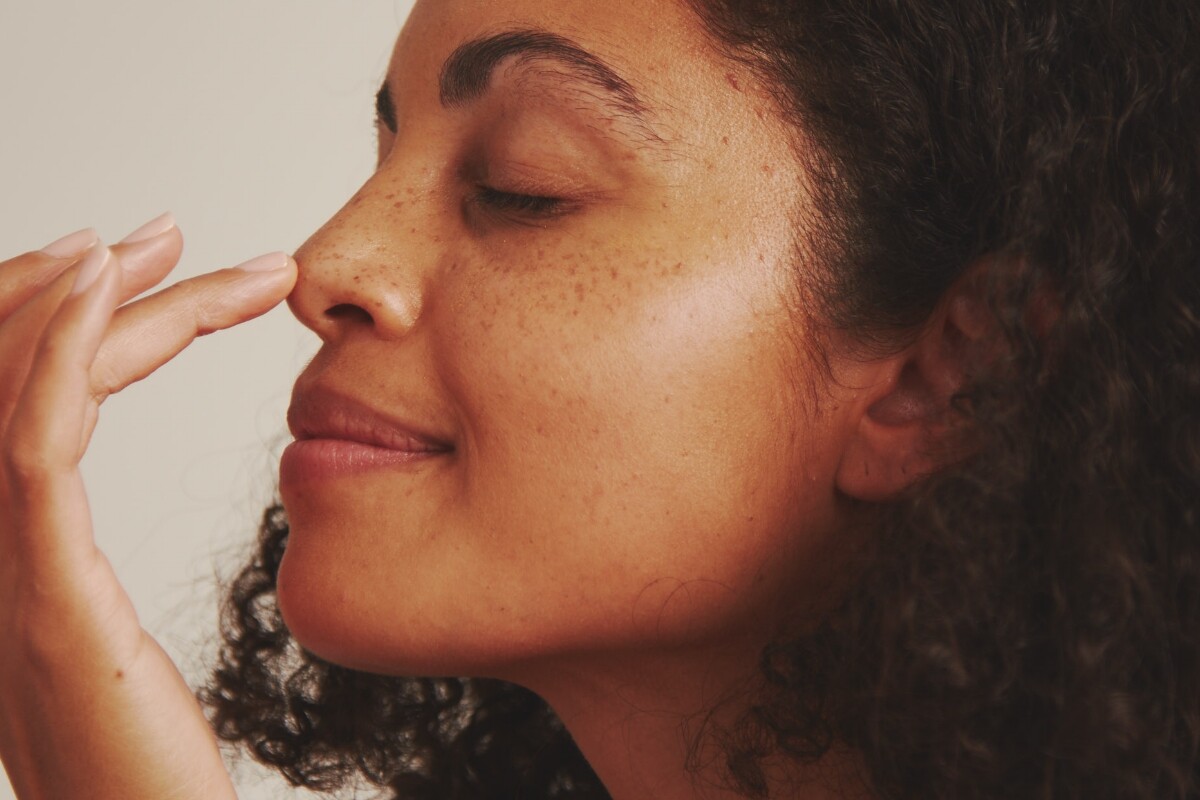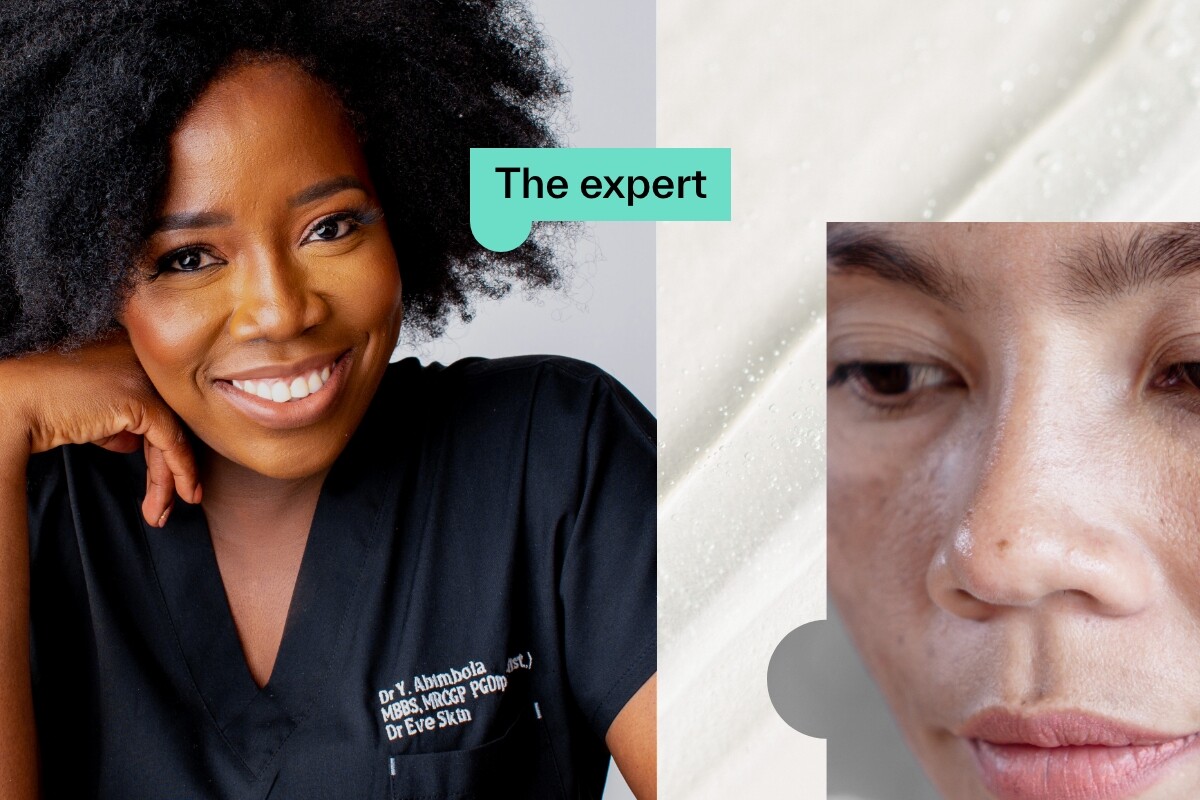There’s already enough to think about when you’ve got a baby on the way, so we understand how frustrating it can be to add an acne flare-up into the mix. Almost 90% of women experience skin changes in pregnancy. We’ve checked in with our expert dermatology team to give you the full rundown of which acne treatments are safe when you’re expecting, and how to build an effective, stripped-back routine.
What causes acne in pregnancy?
Acne during pregnancy is very common, and caused by the hormonal fluctuations that happen as your baby grows. Breakouts can happen at any stage of pregnancy — they’re often mild, but they can be more severe in your third trimester.
How to treat and prevent pigmentation while pregnant
Hyperpigmentation is also common during pregnancy, because your skin’s pigment-producing cells are more active. It’s a normal part of the acne healing process, often appearing when your breakouts have cleared, but it can also appear separately. Melasma is a type of pigmentation that’s seen in some pregnancies, so much so that it’s nicknamed the ‘pregnancy mask’ because it often affects your cheek and lip areas.
Whichever type of pigmentation you’re looking to treat, the most important thing is sun protection. UV exposure makes hyperpigmentation appear darker, so try to be diligent about applying broad-spectrum sunscreen (at least SPF 30) daily. Both chemical and mineral sunscreens are safe to use while you’re pregnant or breastfeeding.
We can’t prescribe treatments like retinoids (including tretinoin) and hydroquinone while you’re pregnant or breastfeeding, but we can offer some active ingredients — like azelaic acid — that’ll start to fade your pigmentation. Then, you can start a retinoid formula once you’re ready.
Click here to find out which skincare ingredients are safe during pregnancy.
Can I use azelaic acid while pregnant?
Azelaic acid is safe to use for hyperpigmentation, rosacea or acne concerns. You can get it over the counter, or as part of your personalised prescription formula.
If you’re unsure, or want more questions answered, a free Dermatica consultation can help. Our experts will advise you on a custom solution that’s personalised for you and your pregnancy, so you can still reach your skin goals.
Are AHAs, BHAs and chemical exfoliants safe during pregnancy?
The good news is, most AHA exfoliants (lactic acid and glycolic acid for example) can be used during pregnancy. Just keep a close eye on your skin, apply them less often and avoid anywhere that’s damaged or sore. When in doubt, get an expert opinion from our dermatology team or your doctor.
Over the counter BHAs like salicylic acid are also safe, but try not to overdo it while you’re pregnant or breastfeeding. Chemical peels are best avoided, but your beauty practitioner should be able to advise on suitable alternatives.
Keeping your skincare routine simple and consistent is the main thing when addressing acne in pregnancy. To read more about how to build a gentle yet effective acne routine, click here.
Which sunscreens are pregnancy-safe?
A good, daily SPF is essential no matter where in life you’re at. If you’re tossing up whether to use chemical or mineral sunscreen, both are safe.
New to Dermatica? Click here to start your journey to calmer, clearer skin.
Already on your Dermatica journey? Head to your dashboard if you have any questions for our dermatology team.
Dr Catriona Maybury
Dr Catriona Maybury is a Consultant Dermatologist, working as Medical Lead for Dermatica and at St George’s Hospital in London. Catriona completed her specialty training at St John’s Institute of Dermatology in London. Catriona has a special interest in medical dermatology, completing a PhD in liver fibrosis amongst psoriasis patients at King’s College London. Catriona is a certified coach and worked as Dermatology Section Editor for the British Medical Journal.
Related Posts
February 22, 2023
0 Comments6 Minutes




